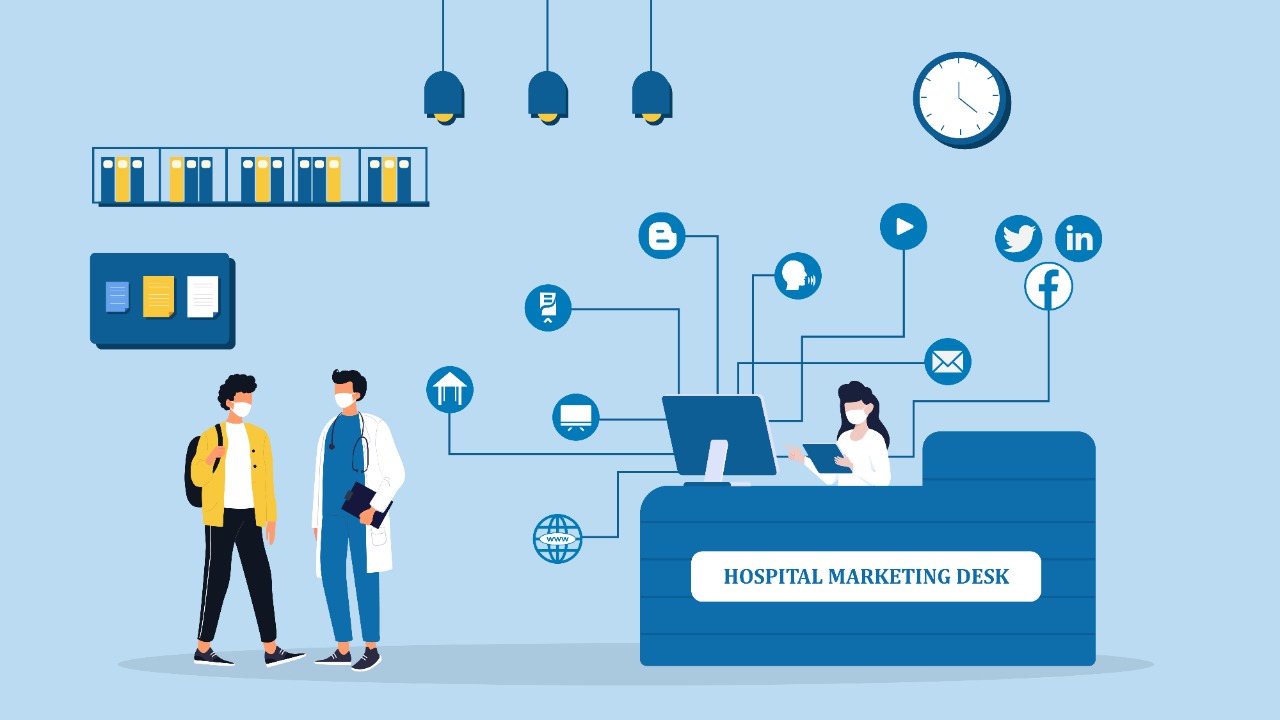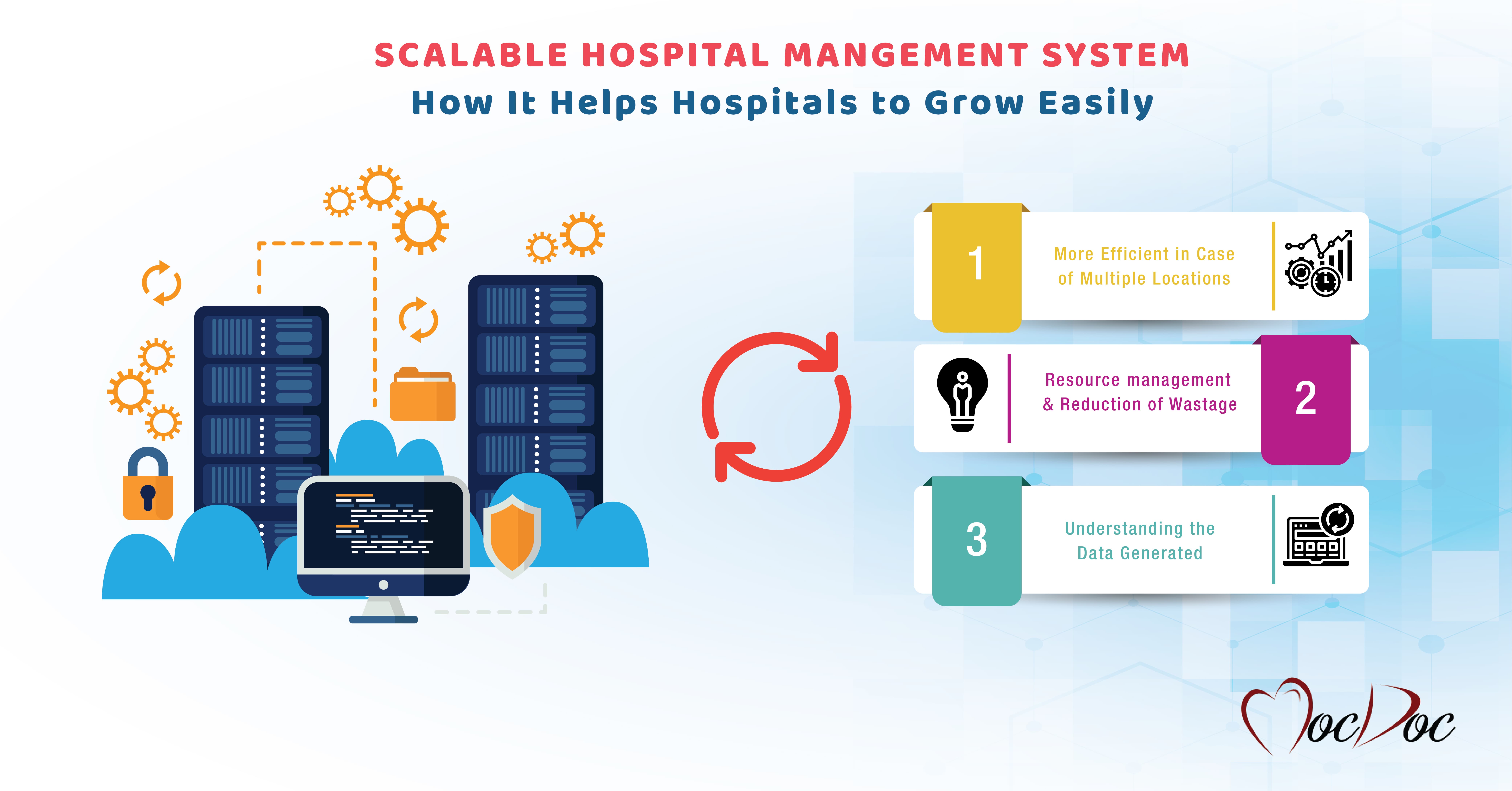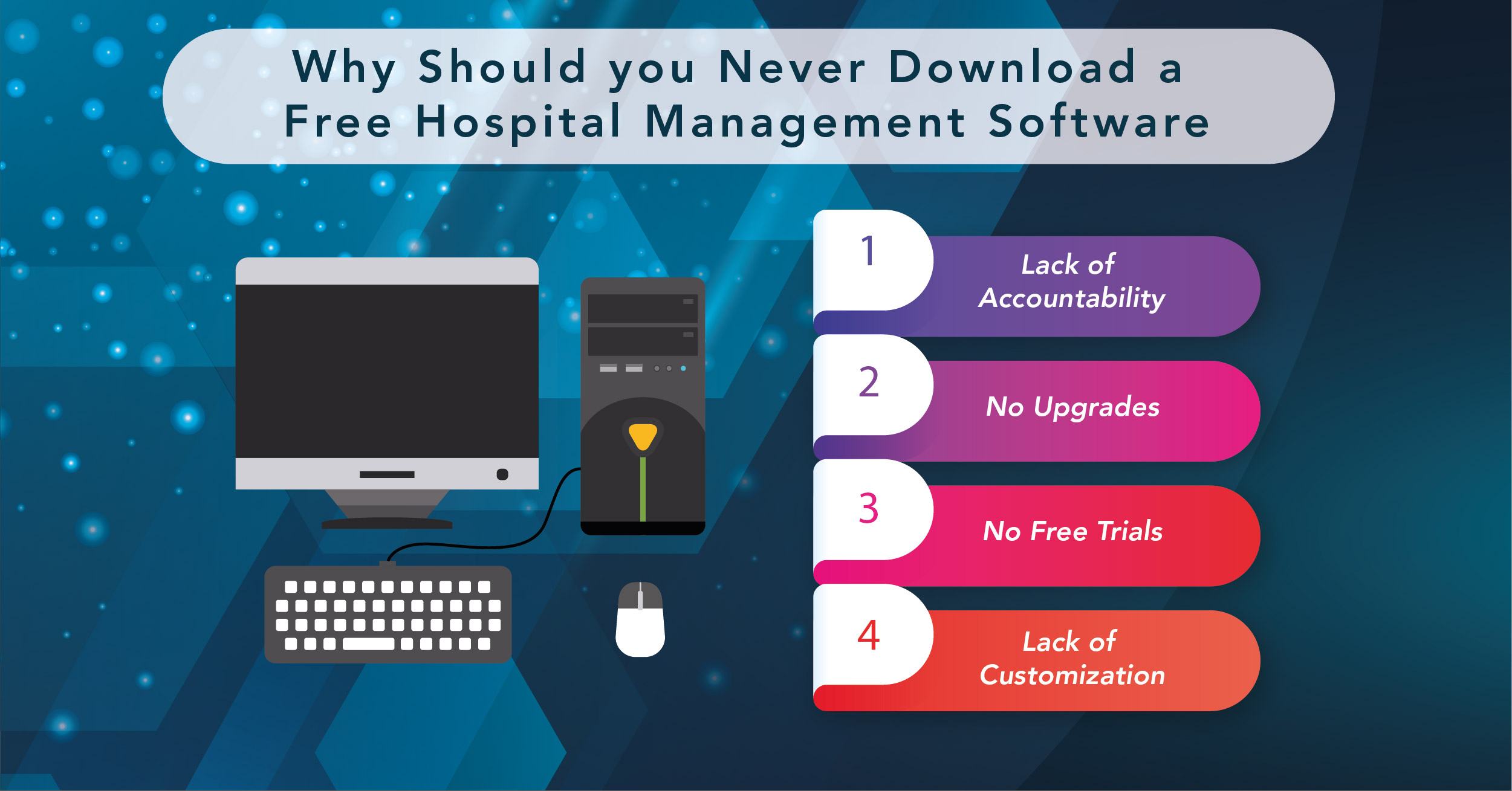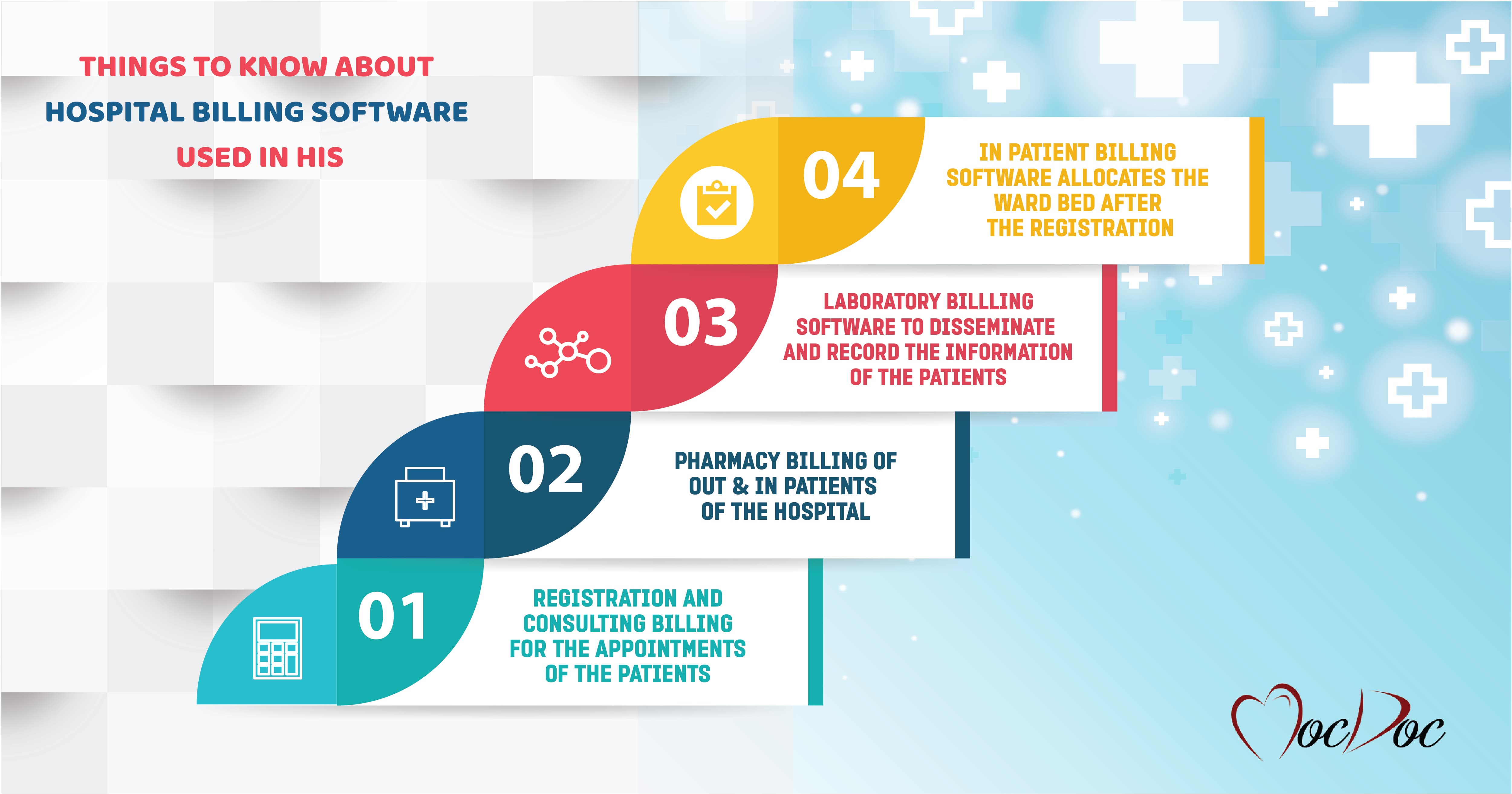MocDoc's Offerings
10 effective hospital marketing strategies for 2022
Published By
Rithika S
2021112418:31:34
Category HMS


Is it important for organizations like hospitals to advertise? Well, let's hope to find our answers here. Every product or service that we use in our daily life is a result of many marketing strategies. Marketing is a powerful way of educating people about your excellence, expertise and existence in regards to your field. To earn people's attention, people need to know how you can help them with their issues and to do this, marketing is very much the tool.
There are several ways to marketing and they can be divided into 2 categories:
- The modern way of marketing
- The traditional way of marketing
The modern way of marketing, living in an era where everything is digital, modern is nothing but digital. Online hospital marketing can connect you with people online in unexpected ways. Here are a few ways to do online hospital marketing.
Website: They say a website is the online house of any business and it for sure is. A website should people tell people everything about the hospital, and a well-structured website will always keep the traffic engaged. The names of doctors who work at the hospital with their speciality, the services provided, and sharing of testimonials will help the hospital connect with people. Most millennials tend to search for more information about the hospital online before booking an appointment. Moreover, they prefer booking appointments online.
Blogs: Lately, people have become more aware and conscious about personal health. Insightful healthcare blogs will help you connect with readers online. Studies say more than 5% of google searches are about health. Encourage your doctors to write insightful blogs on important healthcare topics that people are curious to learn.
Social media post: Social media platforms like Facebook, LinkedIn, Twitter and Instagram have the most engaging network. Online hospital marketing on these platforms can do a great profit for your organization. People online want to relate to content, so post content that you believe in, wish to raise awareness about and which will prove helpful to people. Such content will create your brand identity among huge groups of people and will reach a large audience across networks.
Video insights: Video contents are a highly engaging form of content these days. It is seen that people prefer short and informative video content more than written content. This format of content will make your network feel interactive with you.
Email and SMS: Emails and SMS are a personalized way of marketing and approaching your patients. Send them emails that they can relate to, like health tips or diet plans, or blog articles relating to their issues. Send them follow-up appointment reminders or tell them about the camps or discounts you are conducting via SMS.
In the traditional way of marketing, as a hospital, you don't just see people of one demographic but many countless demographics like different ages, genders, backgrounds, and more. And It's possible to have a demographic of people who don't belong on digital platforms, and that is literally why traditional marketing is important.
Print media: Printing in newspapers and magazines is not new, but it has still got its value. These mediums have a strong base of the audience who are regular and believe in them. Contributing health-based articles to them will give you a great reach and identity among its audience.
Camps: Camps are conducted for the greater good cause, but they also help in building brand identity and goodwill. Conduct camps like full health check-ups on World Health Day blood donation camps on World Blood Day or children's health check-up camps on Children's day. Such camps will help you connect with new people.
Standees: Stands? Really? An eye-catching illustration or quote will make its place in viewers' minds. Health-based quotes, tips, or creative illustrations on a standee will make your brand known to even people who are just reading by. Such creatives tend to stay in people’s minds much longer.
Word of mouth: Make sure to give the utmost patient satisfaction to all your patients as word of mouth can bring in new patients to your hospital, and build your reputation and goodwill. Treat your employee in the right way as they are just as important as your patients in your hospital.
Television: Television ads are usually preferred for some big announcements like branch openings. Go for television ads only when you find the real need for it as they are the costliest form of advertising. Most hospitals prefer to advertise for a month or two and advertise only in the regions they exist.
So how will these hospital marketing strategies help in scaling up the productivity of your hospital?
With every possible information available digitally on your fingertips, people want to learn about the brand, product, and service before going for it. They want to learn about your experience, knowledge, and speciality in the field. As a hospital, you need to let people learn about you and from you, and you do this through the various ways of marketing. This way, new people will prefer to walk up to you for consultation and treatment purposes, resulting in an increase in the productivity of the hospital.
Related Articles
Scalable Hospital Management S...
Hospitals are rarely a single department ent..... Read more
Hospital Management System Dem...
When you decide to implement a hospital management..... Read more
Why you should never download ...
When searching for software, almost everyone looks..... Read more
Things to know about Hospital ...
Billing software is one of the essential software ..... Read more



